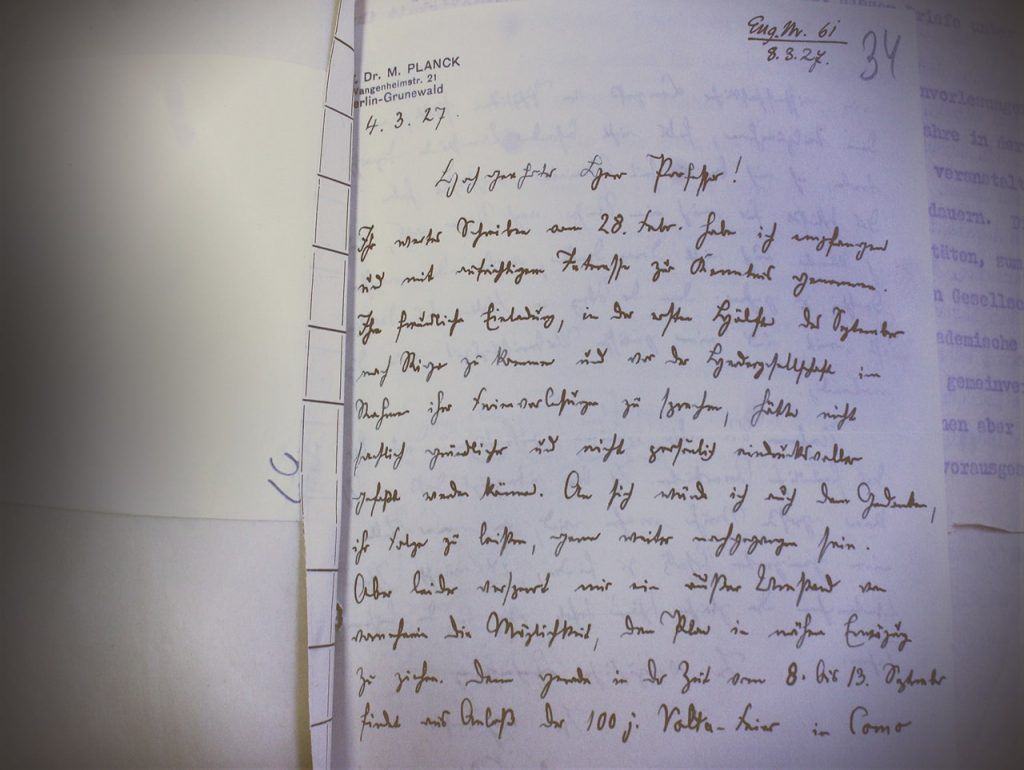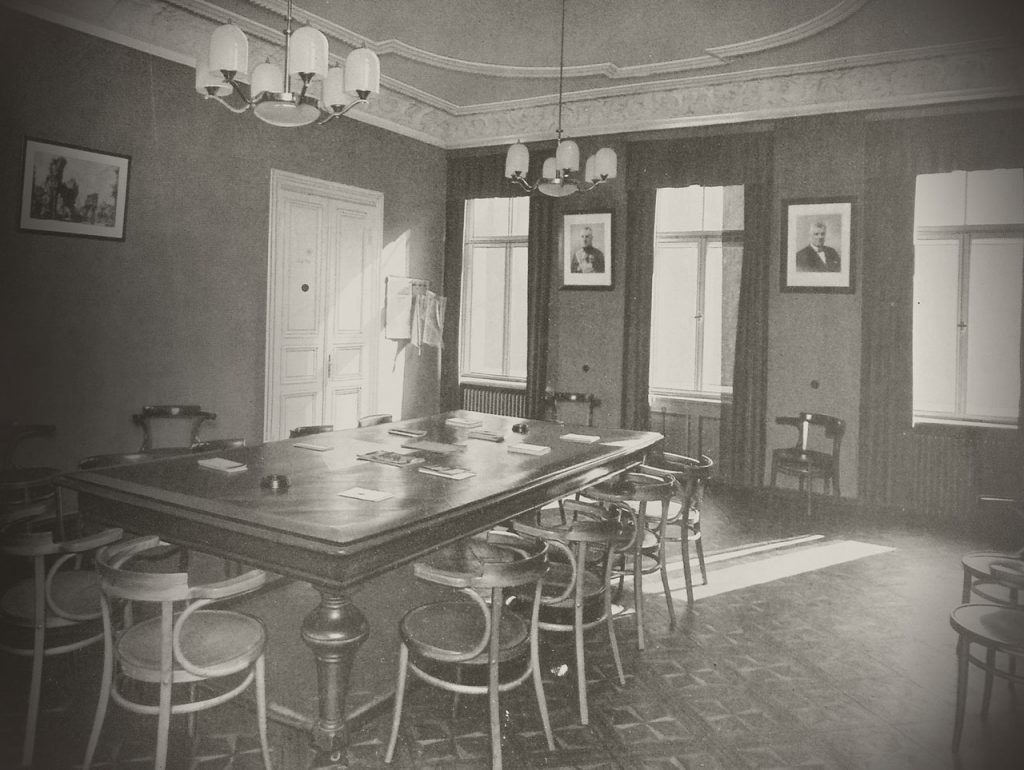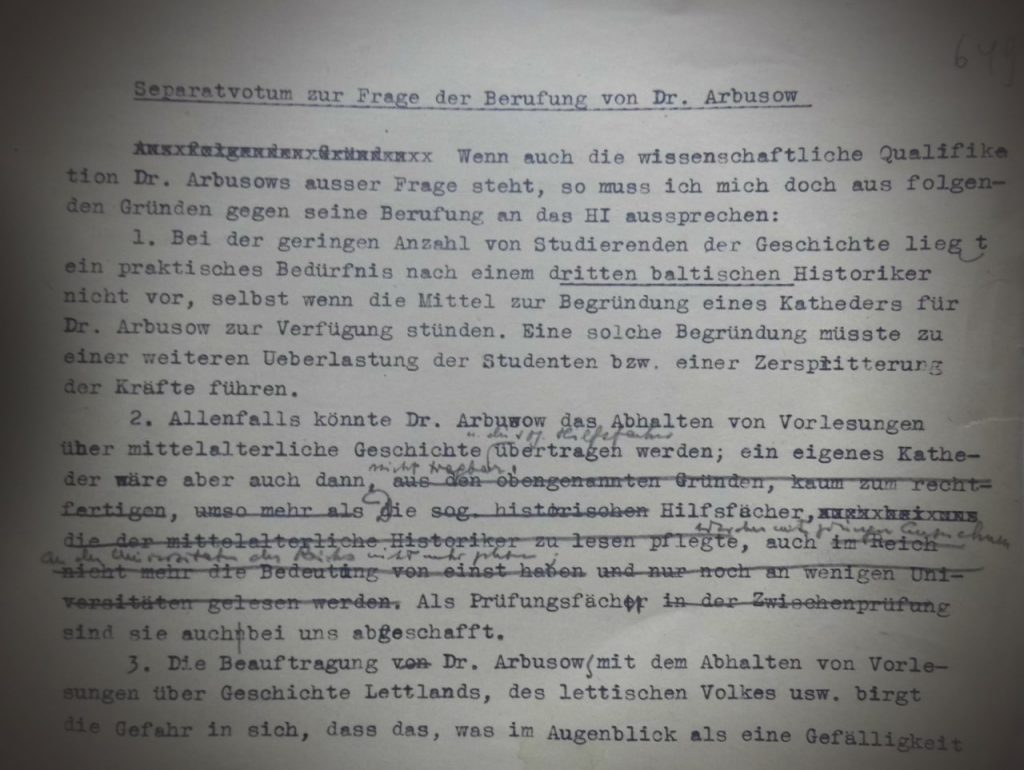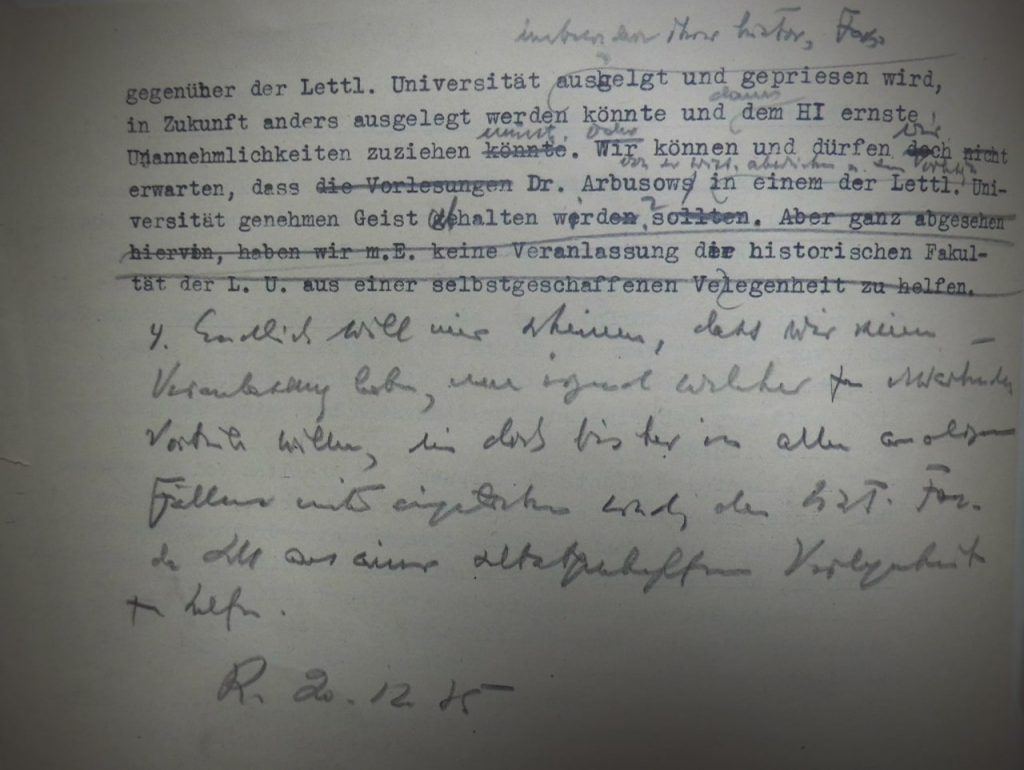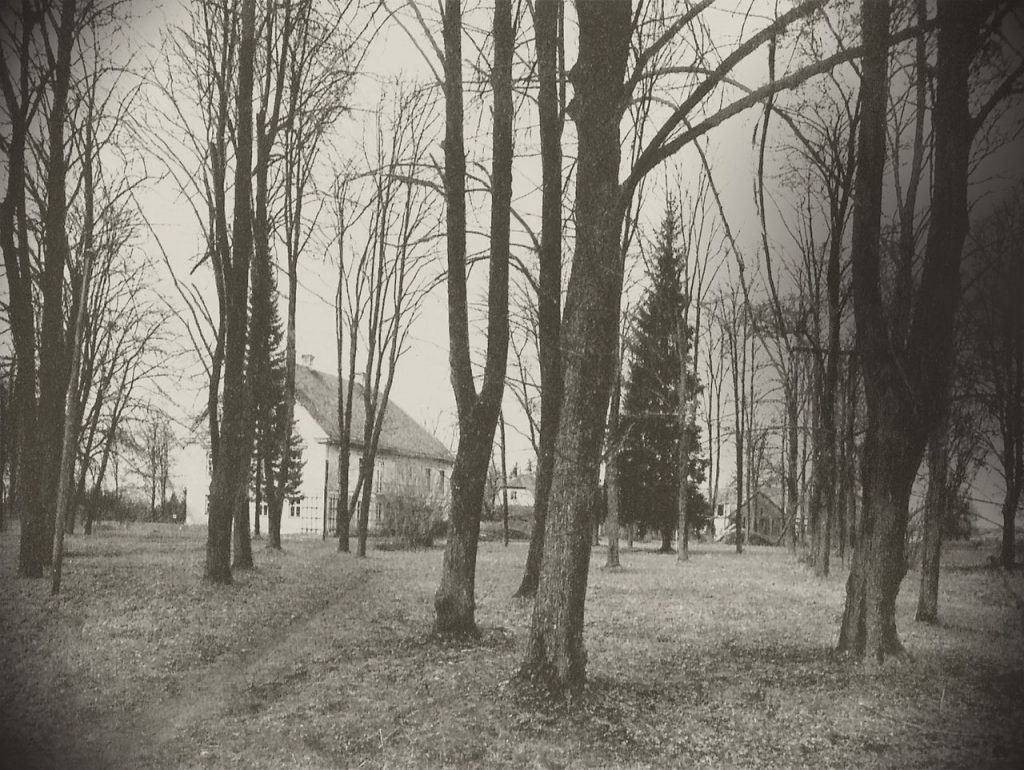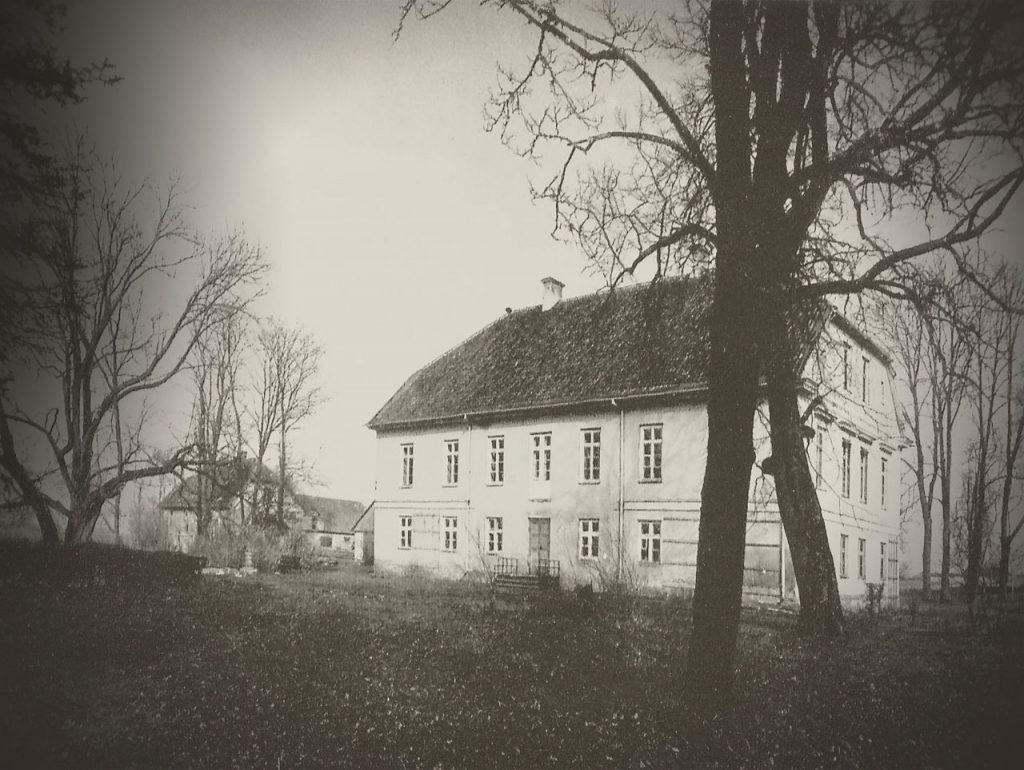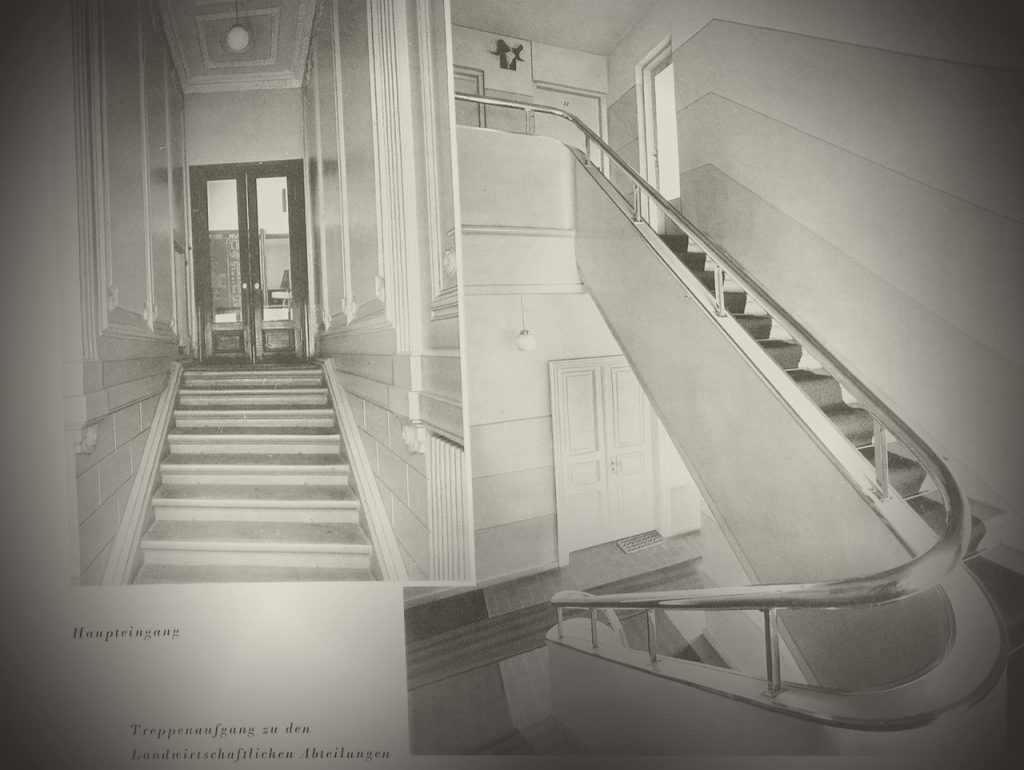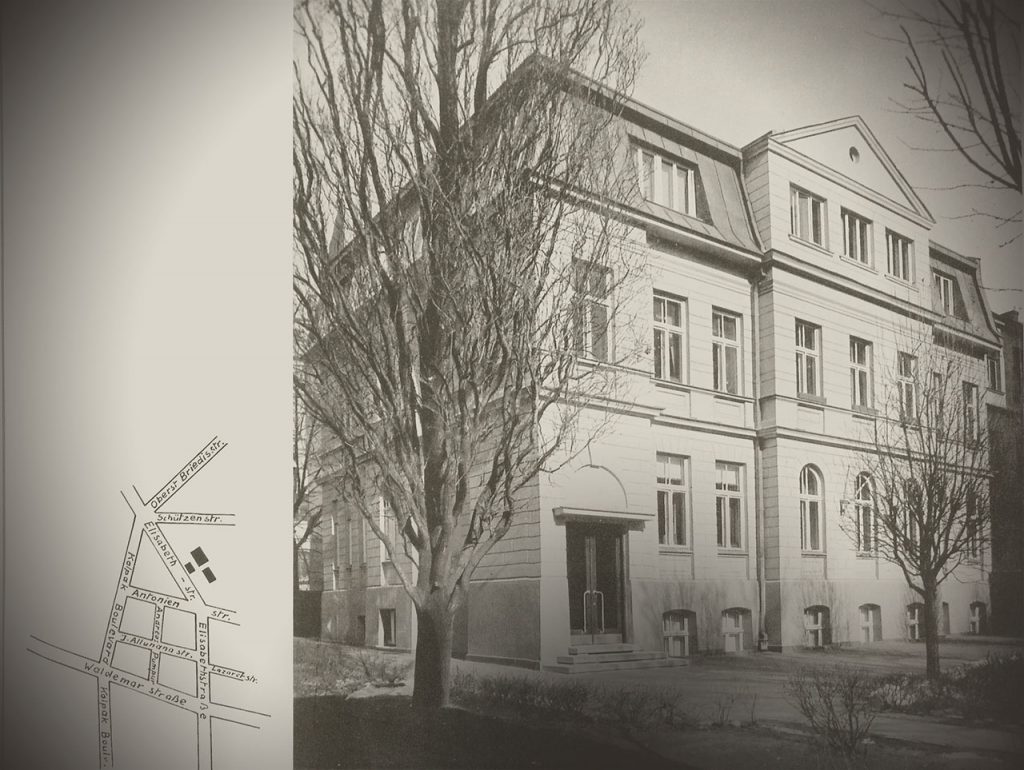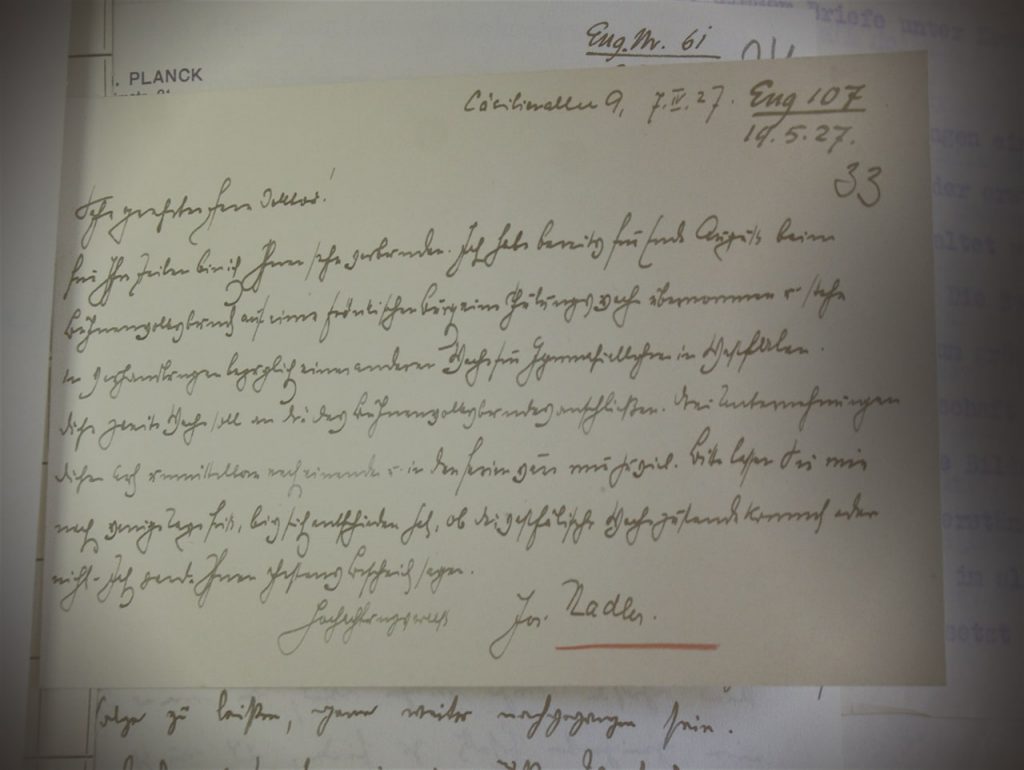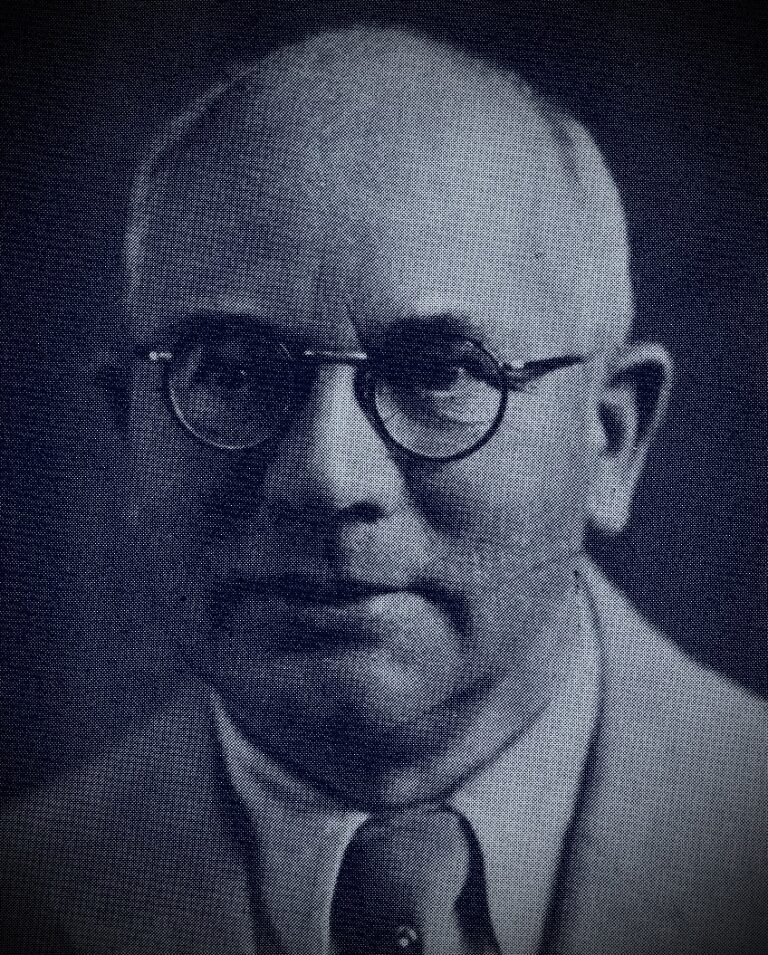On the 8th of January, 1926 a student of Germanist and medievalist Eduard Sievers (1850-1932), Germanist and language researcher Walther V. K. Ziesemer (1882-1951) sends a letter to professor Vulfius. Referring to the correspondence and the agreement with Dr Masing and HI rector Klumberg, Ziesemer announces his lecture plan in Riga in the March and April of 1926 – lectures about the spiritual life in the German Order and seminars about mathematician’s and cartographer’s Johann Lauremberg’s (1590-1658) Lower German poetry (“Schertzgedichte, in Nedderdüdisch gerymet” (1652)). On the 23rd of January in the same year Ziesemer, in the letter to Vulfius, specifies the timetable for the lectures. After his studies in Leipzig and Berlin, he studied the documents of the German Order and worked at the University of Königsberg from 1918 (professor of German philology from 1922). Ziesemer’s dissertation focused on Nikolaus von Jeroschin’s (1290-1341) “Di Kronike von Pruzinlant”. Ziesemer was a member of Königsberger Gelehrten Gesellschaft, he compiled the edition of baroque poet’s Simon Dach’s (1605-1659) Completed Volumes, studied the German culture in East Prussia and Eastern Europe (in 1925 he founded “The Homeland Research Institute”), draw his attention to the heritage of Johann Georg Hamann and Johann Gottfried Herder (he worked on publishing Hamann’s works and letters in collaboration with Josef Nadler), published and interpreted works by German romantics (Joseph von Eichendorff, Friedrich de la Motte Fouqué and others), studied Prussian dialects (his monumental work “The Prussian Dictionary” is partly published, a big part of the materials were destroyed in the artillery shooting at the end of the Second World War). One of the central themes of his works is the history and literature of the German Order. After the Second World War, Ziesemer worked at the University of Marburg (honorary professor of Contemporary German literature).
